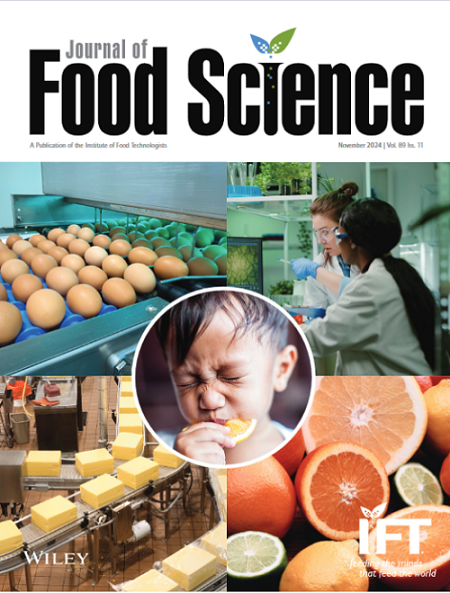Purification and antiproliferative effects of lectin from Japanese adzuki beans (Vigna angularis) against cancer cells
Abstract
Adzuki beans have been historically utilized for both culinary and medicinal purposes in Japan. Lectin derived from Japanese red adzuki beans (JABs, Vigna angularis) exhibits several biological effects; however, to our knowledge, no detailed reports have been published on this topic. We purified lectin from adzuki beans to evaluate its impact on the proliferative activity of cancer cells and establish its biological profile. The Japanese red adzuki bean lectin (JABL) was purified using thyroglobulin-Sepharose 4B and evaluated for blood and sugar specificity and its effect on B16, LM8, Ehrlich ascites, HepG2, HeLa, and Colo679 cell proliferation compared with those of concanavalin A (ConA, Canavalia ensiformis) lectin. The molecular weight of JABL was 60 kDa. JABL showed specificity to thyroglobulin, fetuin, and rabbit erythrocytes, but not to sheep and horse erythrocytes. Additionally, JABL showed no resistance to chymotrypsin but exhibited weak resistance at temperatures >60°C. JABL exerted significantly stronger antiproliferative effects than that of the control on human and mouse cancer cells in a concentration-dependent manner. JABL demonstrated 30%–40% superior antiproliferative activity against Colo679 and B16 cells compared to that against other cells. JABL activity was weaker than ConA activity (approximately 80%–90%) but equivalent to red kidney bean (Phaseolus vulgaris) lectin activity. No inhibitory effect of JABL on TNF-α was observed, which is typically observed with bean lectins. Our results show that JABL might exert antiproliferative effects on mouse and human cancer cells, making it a potential chemopreventive agent for cancer.
Practical Application
Japanese red adzuki beans are popular in Asia, especially Japan. In Japan, the adzuki bean is a staple food and used in Japanese confectionery for celebrations. Adzuki bean lectin was purified using thyroglobulin-Sepharose 4B. The purified lectin showed specificity for rabbit erythrocytes and anticancer activity in mouse and human cells. The lectin retained its biological activity even when subjected to temperatures exceeding 60°C. Thus, adzuki bean lectin has the potential to be used as a bioactive and anticancer agent in medical research.

 求助内容:
求助内容: 应助结果提醒方式:
应助结果提醒方式:


